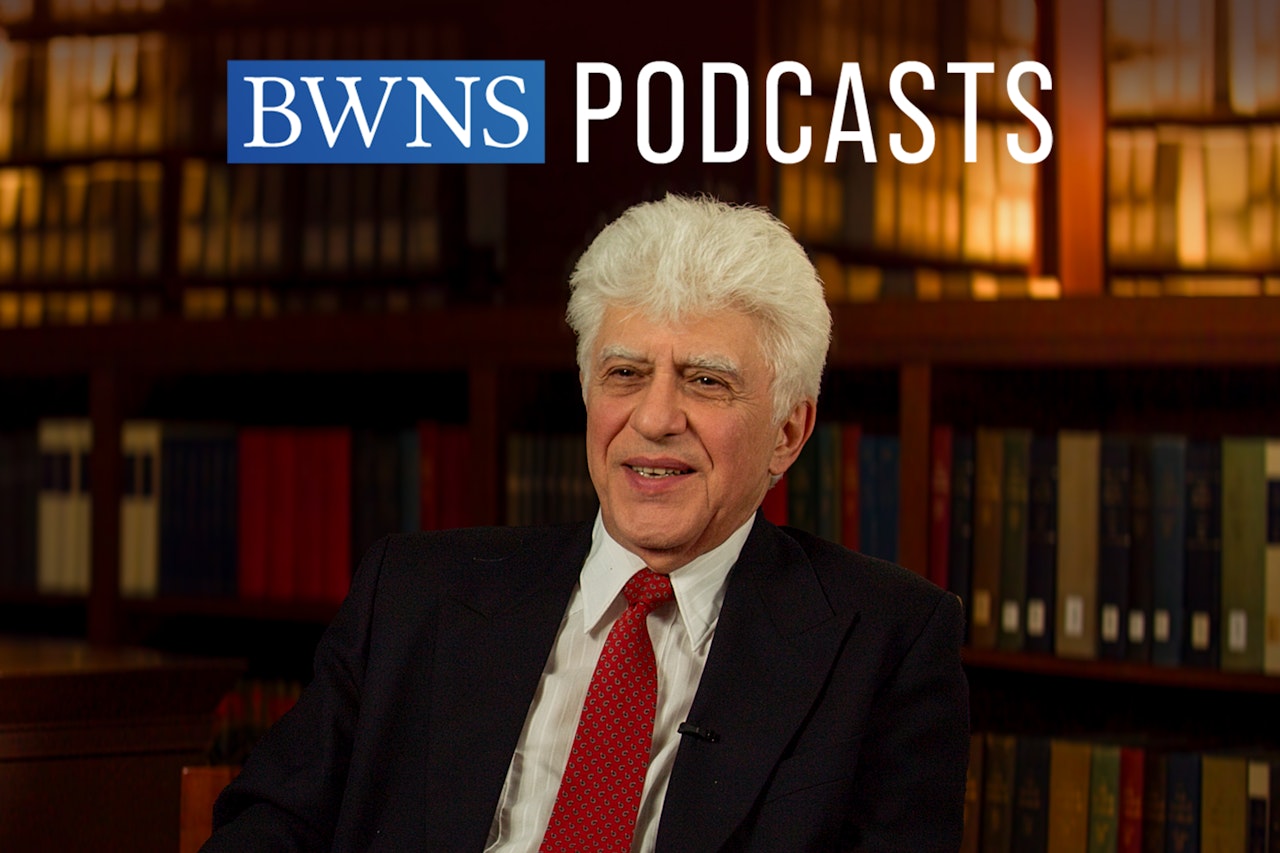
Insightsfrom the Field
Uncovering early Bahá’í contributions to 19th century Iran—Part 1
New two-part podcast explores the largely hidden history of significant Bahá’í contributions to education, governance, and social reform in 19th century Iran.

New two-part podcast explores the largely hidden history of significant Bahá’í contributions to education, governance, and social reform in 19th century Iran.
BAHÁ’Í WORLD CENTRE — A new two-part episode of “Insights from the Field” examines the largely overlooked contributions of the Bahá’í community to 19th and 20th century Iran: from the principles and ideas that impacted those thinking about reform to the development of new patterns of education, governance, and social life.
In the first installment, Dr. Moojan Momen discusses themes from his recent paper, “The Bábí-Bahá’í Revolution in Iran,” published in the Iranian Studies journal of Cambridge University. Drawing on decades of research, Dr. Momen challenges conventional historical narratives that have marginalized or ignored the Bahá’í community’s contributions to Iran’s modernization during a critical period in that country’s development.
“The Bahá’í community did play a major role in the history of Iran,” Dr. Momen explains in the podcast. “Particularly in the last half of the 19th century and the first decade of the 20th century; this was the period in which reformers were thinking about how to modernize Iran.”
Dr. Momen traces how systemic suppression prevented the contributions of the Bahá’í community from being presented publicly throughout its 180-year history in Iran. This silence, he argues, led to widespread misinformation that influenced not only the general population but also scholars, both in Iran and the West.
The podcast explores three key areas where Bahá’í teachings contributed to the reform discourse: governance, modern education, and the advancement of women. In each case, Dr. Momen demonstrates that the Central Figures of the Bahá’í Faith articulated progressive ideas decades before social reformers and that the Bahá’í community worked to implement these principles in its own collective life.
On governance, for instance, while Iranian reformers in the 1860s and 70s were merely calling for the Shah to establish a cabinet of ministers, Bahá’u’lláh and ‘Abdu’l-Bahá advocated for constitutional monarchy and representative democracy, concepts that were innovative even for Europe at the time. The Bahá’í community gradually instituted these principles through elected consultative councils.
In education, Dr. Momen notes that Bahá’í schools were established not only in major cities but in small towns and villages, exposing rural populations to modern education. Notably, he explains how the Bahá’í teachings encouraged that “the school for girls takes precedence over the school for boys”—a radical position in a society where religious leadership forbade women’s education.
Dr. Momen emphasizes another crucial distinction: while the reform discourse involved only “a few hundred” people concentrated in major cities, the Bahá’í community numbered over 100,000 and extended into villages and small towns throughout Iran, making it far more effective at communicating new ideas to the broader population.
Part 1 of the podcast focuses on what Dr. Momen calls “the observable facts of history.” Part 2 will explore the deeper transformation occurring beneath the surface—how the early Bahá’í community developed new patterns of collective life that gave rise to what Dr. Momen describes as a distinct counterculture, one with implications for humanity’s search for more just and cooperative ways of living.